Have you ever wondered how artificial intelligence (AI) is reshaping the role of business analysts? Recently, I had the opportunity to be interviewed on "AI and the Future of Business Analysis Roles," hosted by Susan A. Moore from the International Institute of Business Analysis (IIBA). The conversation flowed into some critical themes like AI literacy, the development of new skills, ethical considerations, future career opportunities, and the necessity of unlearning old habits.
Want to know more? Let's get started...
How Can AI Be Treated as a Collaborative Stakeholder?

One of the key discussions was about treating AI not just as a tool but as a collaborative stakeholder. Engaging with AI through thoughtful conversations—also known as prompting—allows you to work alongside AI systems effectively. By providing context and guiding AI outputs, you can enhance the quality of insights and solutions generated.
Why This Matters:
- Enhanced Collaboration: AI can process vast amounts of data quickly, but it requires human guidance to align with business goals.
- Improved Decision-Making: Combining AI's capabilities with human intuition leads to better strategic decisions.
- Developing AI Literacy: Understanding how to interact with AI systems is becoming an essential skill.
Tip: Start incorporating AI tools into your workflow by experimenting with different prompts and observing the outputs. This hands-on approach builds familiarity and confidence.
What New Skills Are Needed, and Which Old Habits Must Be Unlearned?
The rise of AI in business analysis brings the need to acquire new skills and unlearn outdated practices. Embracing continuous learning ensures you stay relevant and effective in your role.
New Skills to Develop:
- AI Literacy: Understanding basic AI concepts and how AI models work.
- Data Literacy: Gaining proficiency in interpreting and leveraging data.
- Prompt Engineering: Crafting effective inputs to guide AI outputs.
Habits to Unlearn:
- Rigid Thinking: Let go of strict adherence to traditional methods that may no longer be effective.
- Resistance to Change: Be open to new technologies and approaches.
Tip: Enroll in workshops or online courses focused on AI and data analysis to build these skills gradually.
How Should Ethical Considerations Be Navigated?
As AI becomes more integrated into business processes, ethical considerations are paramount. Issues like AI bias and the accuracy of AI-generated insights need careful attention.
Key Ethical Considerations:
- Ensuring Accuracy: Always validate AI outputs against reliable sources.
- Addressing Bias: Be aware of potential biases in AI models and take steps to mitigate them.
- Promoting Transparency: Advocate for clear guidelines on AI use within your organization.
Tip: Foster open conversations about AI ethics with your team to create a shared understanding and approach.
What Future Career Paths Does AI Offer for Business Analysts?
AI is opening new career pathways for business analysts willing to expand their skill sets.
Potential Opportunities:
- AI Business Analyst: Specialize in integrating AI solutions within business strategies.
- AI Ethics Consultant: Guide organizations in responsible AI adoption.
- Data Strategist: Leverage data and AI to drive business decisions.
Tip: Identify areas within AI that interest you and seek mentorship or training in those specialties.
Why Are Soft Skills More Important Than Ever in an AI-Driven World?
With AI handling more technical tasks, soft skills like empathy, communication, and relationship-building become even more critical.
Importance of Soft Skills:
- Facilitating Collaboration: Effective communication ensures teamwork between human colleagues and AI systems.
- Guiding AI Implementation: Empathy helps in understanding stakeholder needs and aligning AI solutions accordingly.
- Leading Change: Strong interpersonal skills are essential for navigating organizational transitions.
Tip: Continue to develop your soft skills through practice and feedback, recognizing their value in the modern workplace.
Why Is Continuous Learning and Unlearning Essential?
The fast-paced evolution of AI technology means that what worked yesterday might not be effective today.
Strategies for Growth:
- Stay Curious: Keep exploring new technologies and methodologies.
- Embrace Change: Adaptability is key to thriving in a changing environment.
- Focus on Growth Mindset: View challenges as opportunities to learn rather than obstacles.
Tip: Set aside regular time for professional development, whether through reading, courses, or attending industry events.
Conclusion: Is AI Reshaping Roles Rather Than Replacing Them?
The integration of AI is reshaping the role of business analysts, not replacing it. By embracing AI as a collaborator, developing new skills, navigating ethical considerations thoughtfully, and committing to continuous learning, you can thrive in this new era.
Final Thoughts:
- Be Proactive: Take the initiative in learning about AI and how it can enhance your role.
- Leverage Your Unique Value: Your human insights, creativity, and empathy remain indispensable.
- Collaborate and Share: Engaging with peers and sharing experiences enriches the collective knowledge of the community.
Find out more about what Agora Insights has to offer for Business Analysts:
AI Business Analyst Master Class
AI for Business Professionals Library
To get biweekly videos and interviews from leaders around the world, why don't you try connecting to our Architecting AI for Business Newsletter
Want to access more content, connecting with the Inner Circle is recommended
Just a reminder that Agora Insights and now Aidon.ai open up a world of learning and AI-Assisted Solutions for Business Architects, Analysts, Strategists, and Business Leaders. Contact us for a demo.
To watch more videos, visit YouTube.
Interested in business architecture and business analysis certification, corporate and AI training?
Connect with Deirdre Caren on LinkedIn
Post sponsored by Agora Insights Ltd


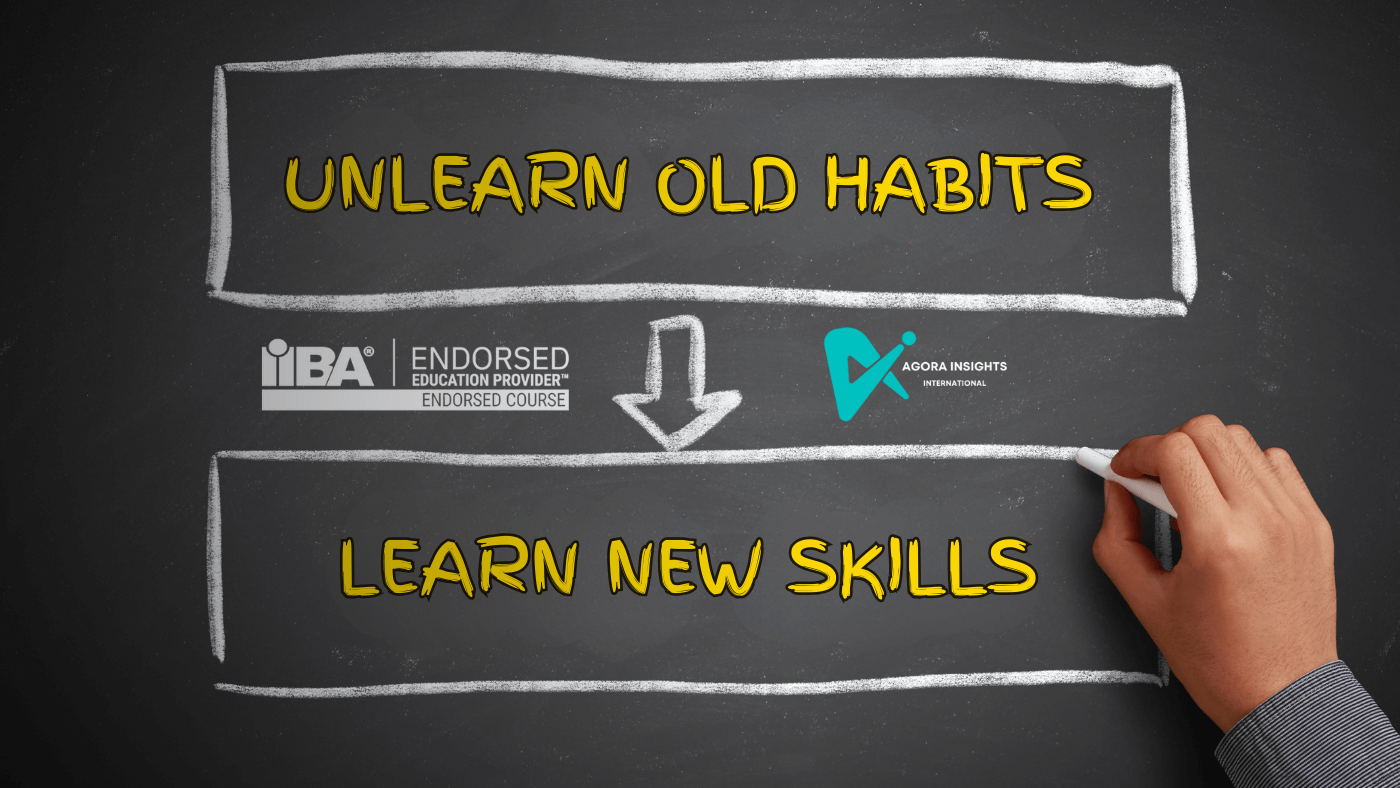
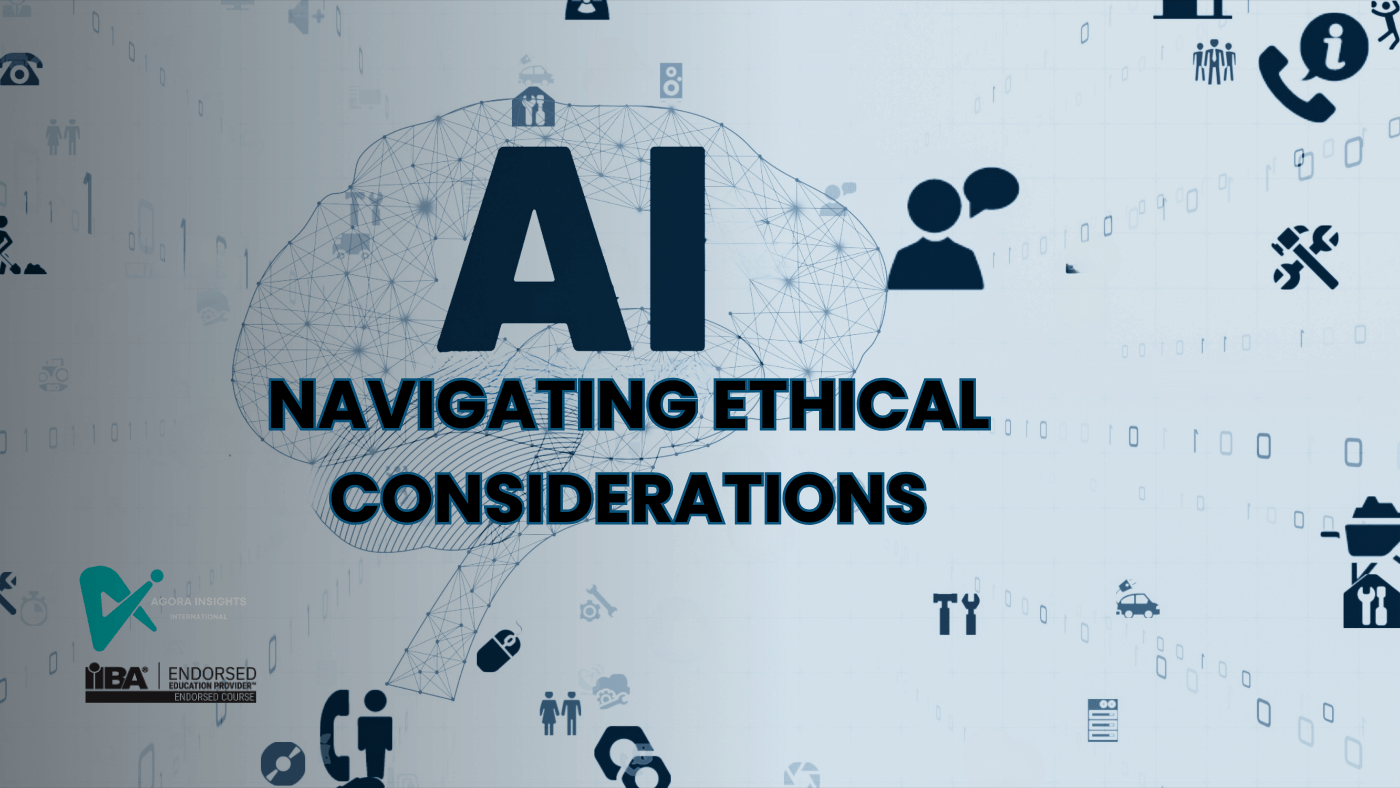
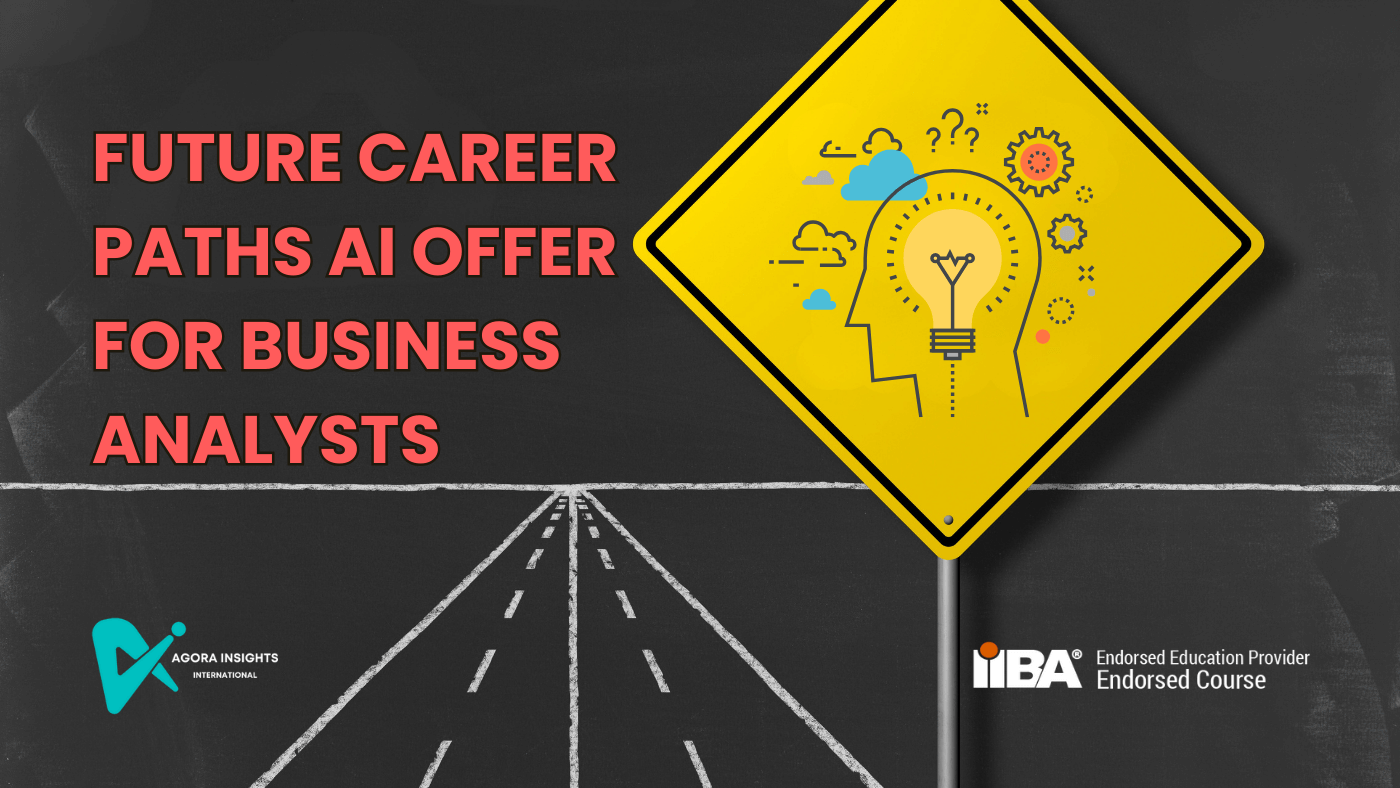
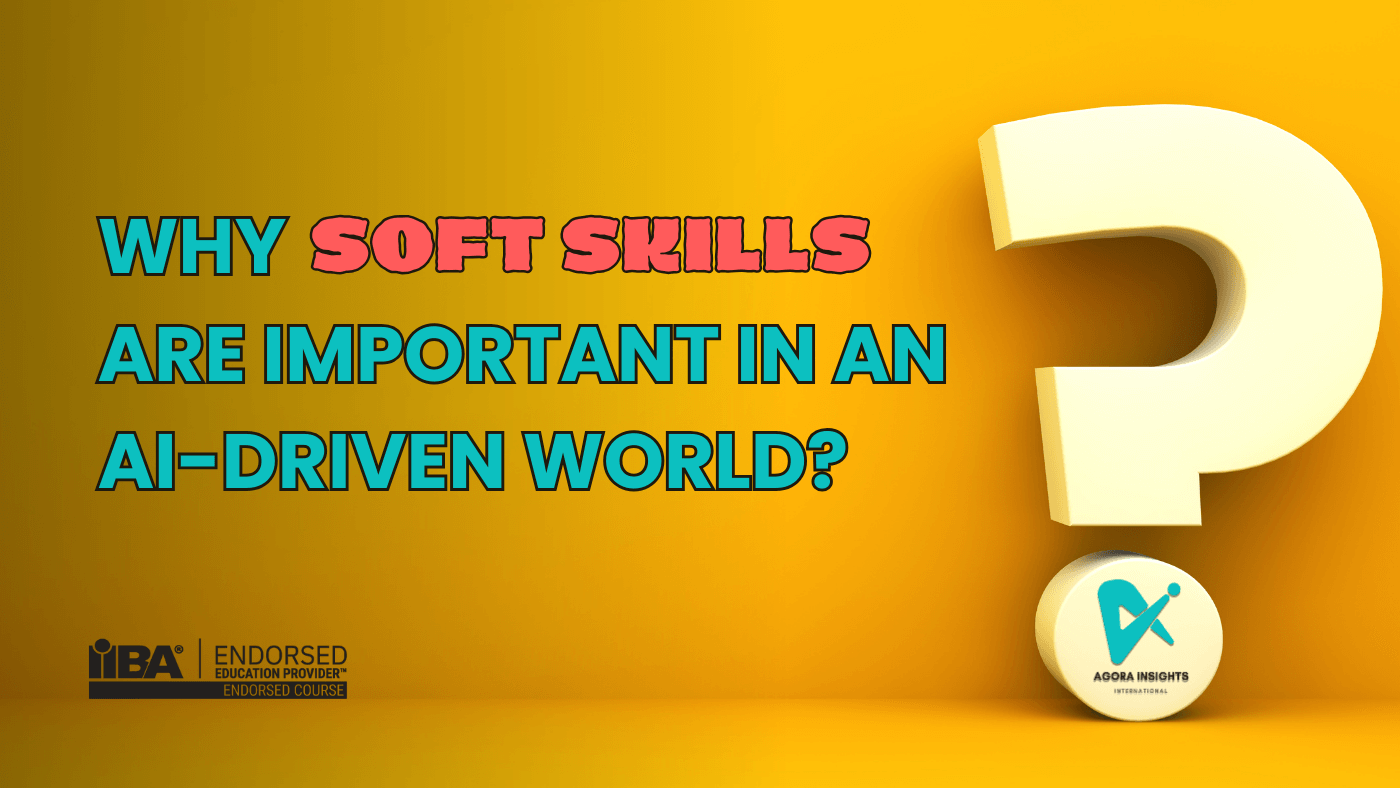
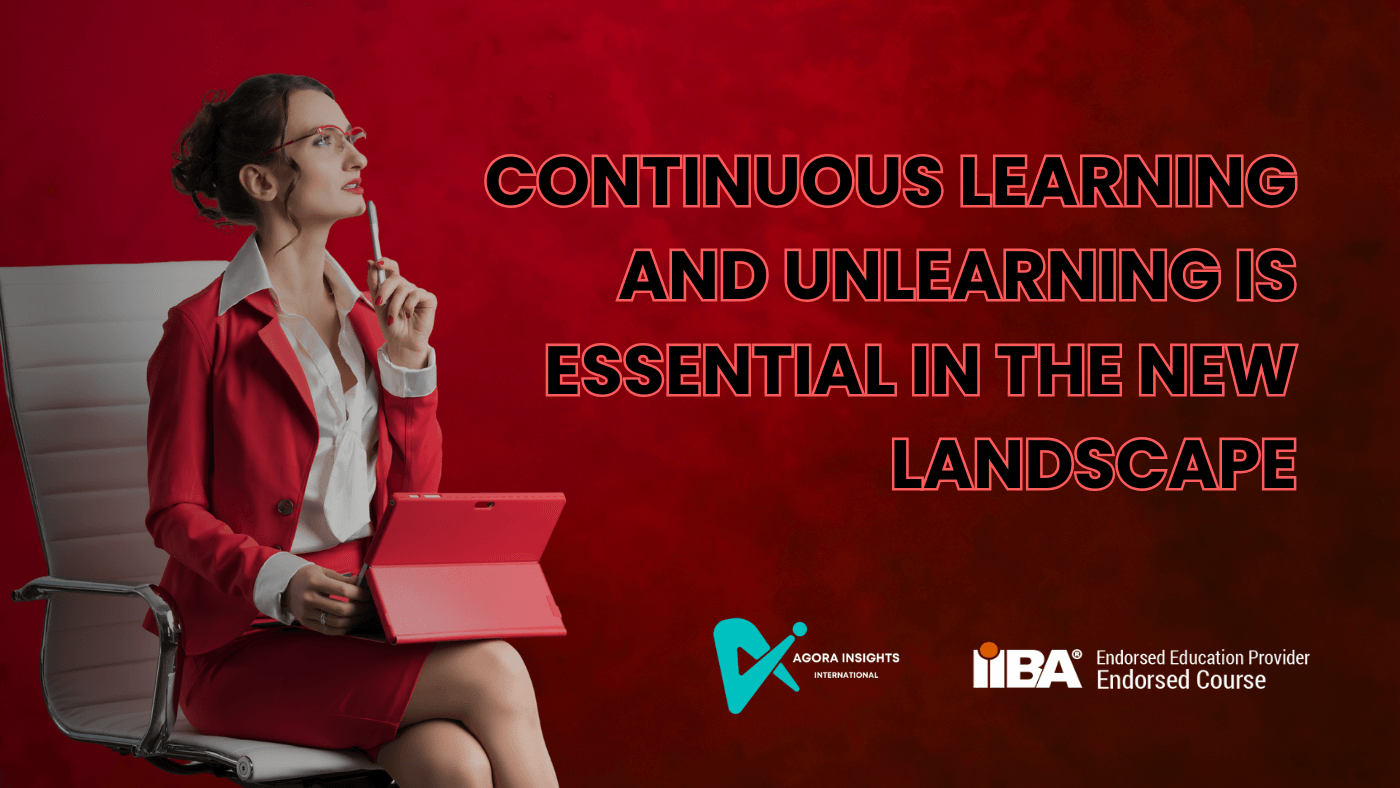

Post a Comment